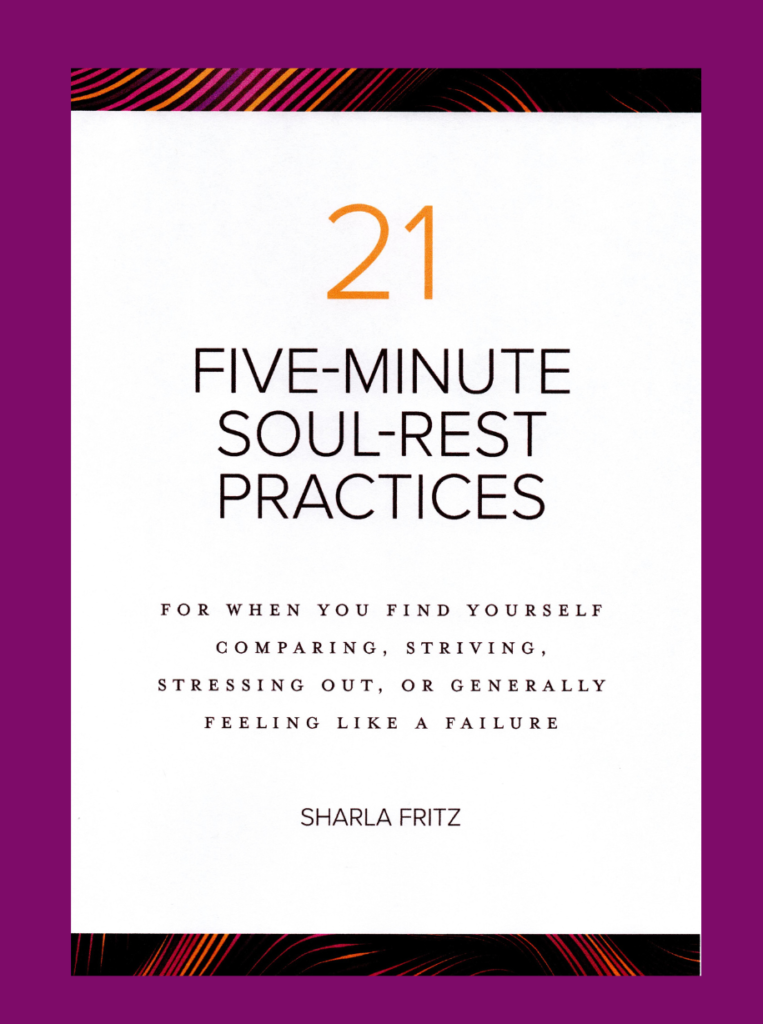
My mother, Lorna, is an expert in practicing kindness. She bakes apple pies for the people who mow her lawn and shovel her snow. She makes meals for those who are ill. She takes the time to visit people in nursing homes and hospitals. She often practices the Spiritual discipline of kindness.
Spiritual disciplines are often divided into categories of inward and outward practices. Inward disciplines include Scripture study, prayer, and meditation. Outward practices include mentoring, hospitality, and service.
Often I think of service as something big and time-consuming like spending a day at a homeless shelter or taking time each week to volunteer at a food pantry. These are wonderful ways to serve, but service does not always have to be something huge and impressive. Sometimes it’s the little things that mean a lot.
Simple kindness is one way we can serve each other. Kindness is listed as a fruit of the Spirit along with love, joy, and peace. Yet, kindness often seems to be in short supply in the world. Drivers honk their horns. People cut in lines. Frustrated parents yell at their kids.
I am no different. Although I want to exhibit the fruit of kindness, do I allow that driver coming out of McDonald’s to merge in front of me? Well, no. Do I take the time to take soup to an ailing church member? Um, no.

Kindness begins with noticing. Too often I am too busy, too focused on getting everything checked off my to-do list to even observe who could use an encouraging word. To see the disappointment on a child’s face. To realize my friend is hurting.
But I want to do better. This week I’m asking God to develop the fruit of kindness in me. To help me notice someone each day who needs a kind word or a bit of help.
Because this doesn’t come naturally to me, I did a little research on the Internet on simple ways to show kindness:
- Smile and say hello to a stranger walking on the street.
- Buy a cup of coffee for the person in line behind you at the coffee shop.
- Leave a sweet note for someone you love.
- Bring a meal to someone who is ill.
- Give a compliment to someone who isn’t expecting one.
- Bring a treat to share with coworkers.
- Send a card to someone just to let them know you are praying for them.
- Text a friend a picture that says, “I’m thinking of you” or “Remember this?”
- Buy cookies or popcorn or whatever from the little kid who shows up at your front door.
- Invite a friend to lunch.
I once heard a Christian speaker say that she wished that whenever people in the world thought of Christians, they would always think of them as the kindest people they knew.
Jesus was kind. Even on His busiest days, He stopped on His journey to heal a servant and offer words of encouragement to a suffering woman. He took the time to bless “insignificant” little children. When we practice kindness, we are demonstrating the love of Christ. The One who loved us enough to die for us motivates us to share His love.
This week, let’s meditate on God’s kindness to us. Let’s pray that God would help us notice hurting people who cross our paths and to enable us to give them a small gift of kindness.
Next step: Download this resource with Scriptures on kindness. Every morning ask God to help you notice at least one person who needs a gift of kindness.






























Follow Me!